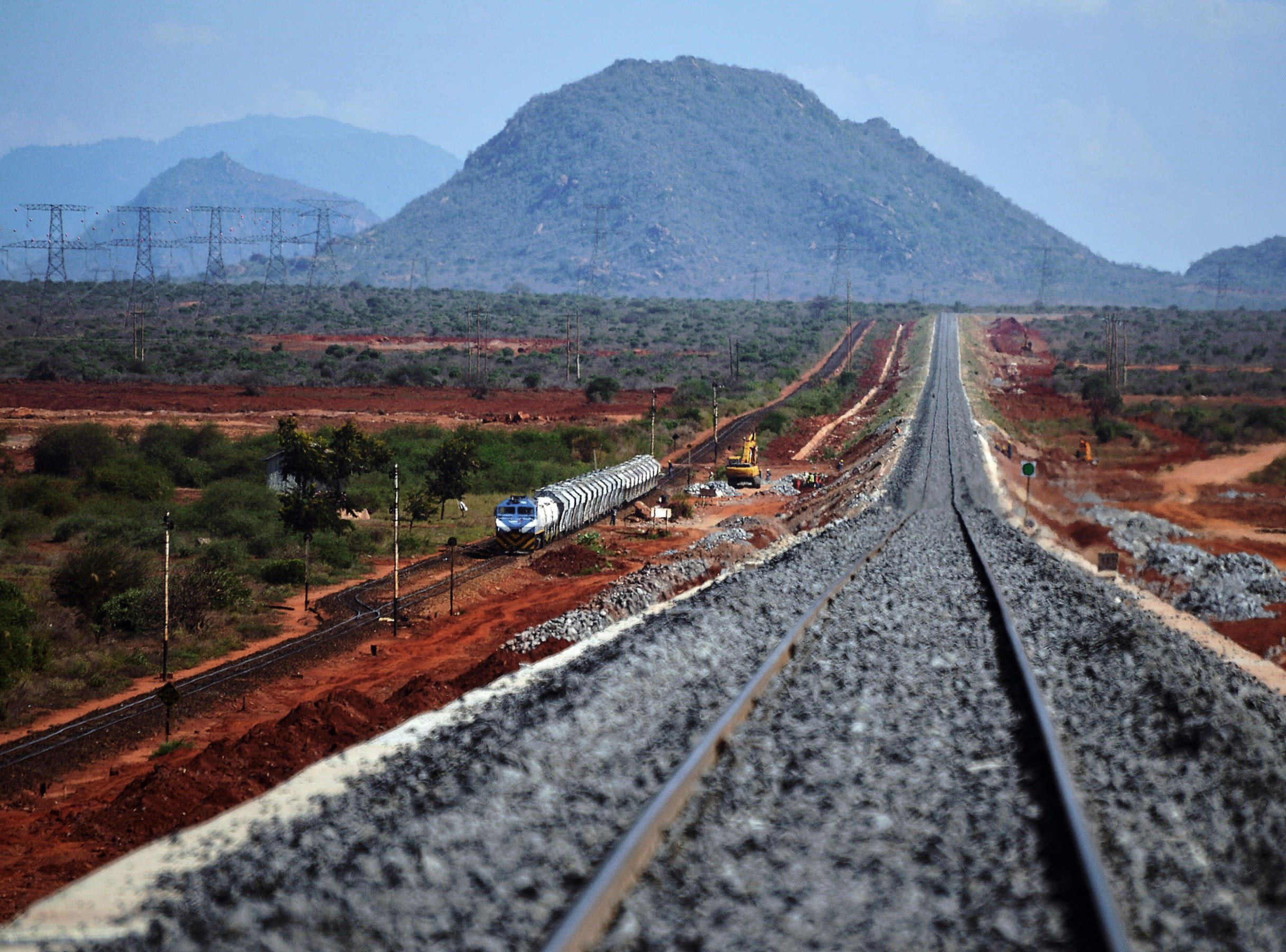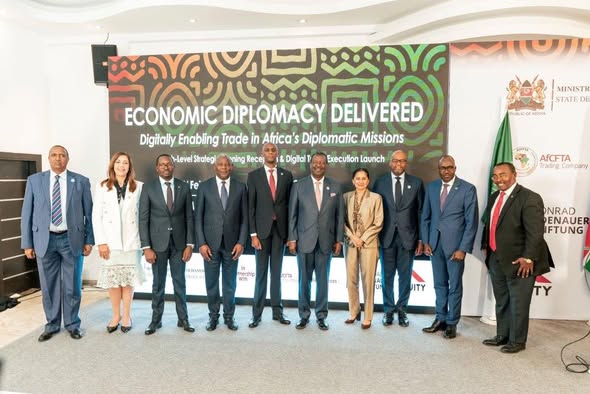Africa’s Railway Revival Driven by Three Major Trends

Africa’s railway sector is experiencing its largest phase of expansion in decades. More than 7,000 km of new lines are under construction or planned, marking a profound shift in transport and trade across the continent. This renaissance is powered by three major trends that are redefining its future.
1. The Return of Large-Scale Projects
Traditionally funded by governments, railway projects are now constrained by limited public budgets. Development finance institutions have stepped in to fill the gap, injecting capital into major projects — often cross-border — that would otherwise not have been realized. This catalytic financial support is opening new corridors of growth. Institutions such as the World Bank, the African Development Bank, and the Africa Finance Corporation play a crucial role, with flagship projects in Tanzania, Egypt, and Nigeria transforming the continent’s logistics landscape.
2. Growing Private Sector Involvement
Despite the predominance of publicly owned networks, private sector participation is gaining ground. Beyond mining-related projects, new models such as public-private partnerships (PPPs), concessions, and tolling schemes are emerging. Egypt, for example, is allowing private operators to run services on its state-owned network, while South Africa is considering partial privatization of certain lines. This trend is shifting railways from a purely industrial function to multi-user, multi-sector economic corridors, paving the way for stronger regional integration. By 2030, private or PPP-operated lines could represent up to 12% of Africa’s network.
3. The Rise of High-Speed Rail
While high-speed trains are well established in Asia and Europe, they are beginning to emerge in Africa, particularly in North Africa. Morocco, with its Al Boraq line launched in 2018, is extending the service to Marrakech. Meanwhile, Egypt is building a vast 2,000 km national high-speed network, with a first 660 km line already underway. These ambitious projects showcase Africa’s ability to modernize and provide fast, reliable passenger services — essential for connecting cities and economic hubs.
A Strategic Role for Africa’s Future
Rail is poised to become the backbone of Africa’s trade networks. An efficient, interconnected railway system could drastically reduce transport times, boosting industrialization, agricultural trade, and regional market integration. Economies in North America, Europe, and Asia owe much of their growth to strong railway systems. Africa’s future economic success is now closely tied to the investment choices made today.
To support this momentum, the Africa Finance Corporation (AFC) has developed an interactive digital map of African railways, available at http://map.africafc.org. This tool aims to attract investors and foster collaboration to turn these ambitions into reality.





